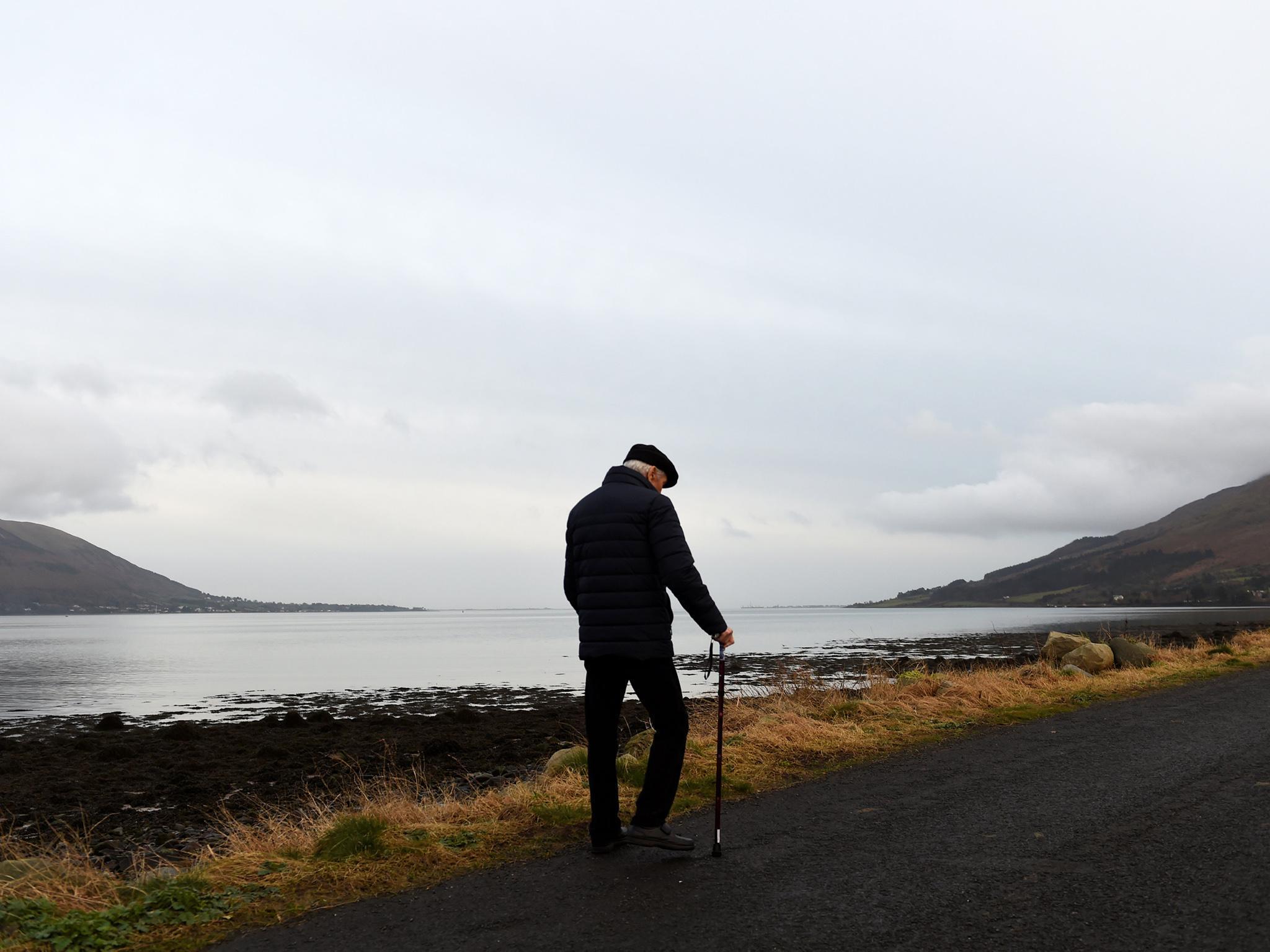Disputed Irish loughs present Brexit conundrum for fishermen
Talks are ongoing between the Irish and British governments relating to the jurisdiction of Carlingford Lough and the unresolved ownership of Lough Foyle

Mussel fisherman Brian MacDonald shares many of the concerns about Britain’s divorce from the European Union that are felt by tens of thousands of people who earn a living along the border between Northern Ireland and the Irish Republic. However the native of the Northern Irish harbour town of Warrenpoint has an additional headache on top of the prospect of tariffs and trade disruption – the waters in which he fishes are the subject of a territorial row that stretches back decades.
Carlingford Lough – an estuary that forms part of the border between the county of Down in British-run Northern Ireland and Louth in EU member Ireland – is one of two waterways that present particularly complex issues as Britain removes itself from the EU over the next two years.
“No one can define who owns what. Neither of the two governments have defined the border here and nobody can say what is the North and what is the South,” said MacDonald. “It's two fiddlers playing two completely different tunes and we're stuck in the middle and nobody wants to talk to us about it.”
Talks are ongoing between the Irish and British governments relating to the jurisdiction of Carlingford Lough and the unresolved ownership of Lough Foyle, which lies to the west between Donegal and Derry, the Loughs Agency, a cross-border body overseeing both areas, said in a statement. Across the water from Warrenpoint in Greenore, fellow mussel fisherman Brian Cunningham fears Brexit could lead to a doubling up of paperwork such as trawler registrations and add costs that would hurt the industry.
He said most boats based in Northern Ireland normally fish off the coast in the Republic of Ireland. “When Brexit comes, what's going to happen? We're going to have to jump through hoops that by the time the paper work is sorted out our mussels will be dead,” he said. “They are landed live, processed live and sold live to the customer. It's a live animal, it's no different than the cattle, sheep or pig. So, it's going to be very, very difficult.”
Irish Prime Minister Enda Kenny has said it is of “vital national interest” that no physical barrier or customs controls be put back on the border, winning initial EU backing. But the fishermen of Carlingford Lough fear their long-standing concerns will not be a big priority.
“It's vitally important to us that ... we have an equal footing to try and make a living as we have done for numerous years now,” said MacDonald. “But because we are not a big voice in the grand scheme of things nobody wants to talk to us and that's it.”
Reuters
Join our commenting forum
Join thought-provoking conversations, follow other Independent readers and see their replies
Comments
Bookmark popover
Removed from bookmarks